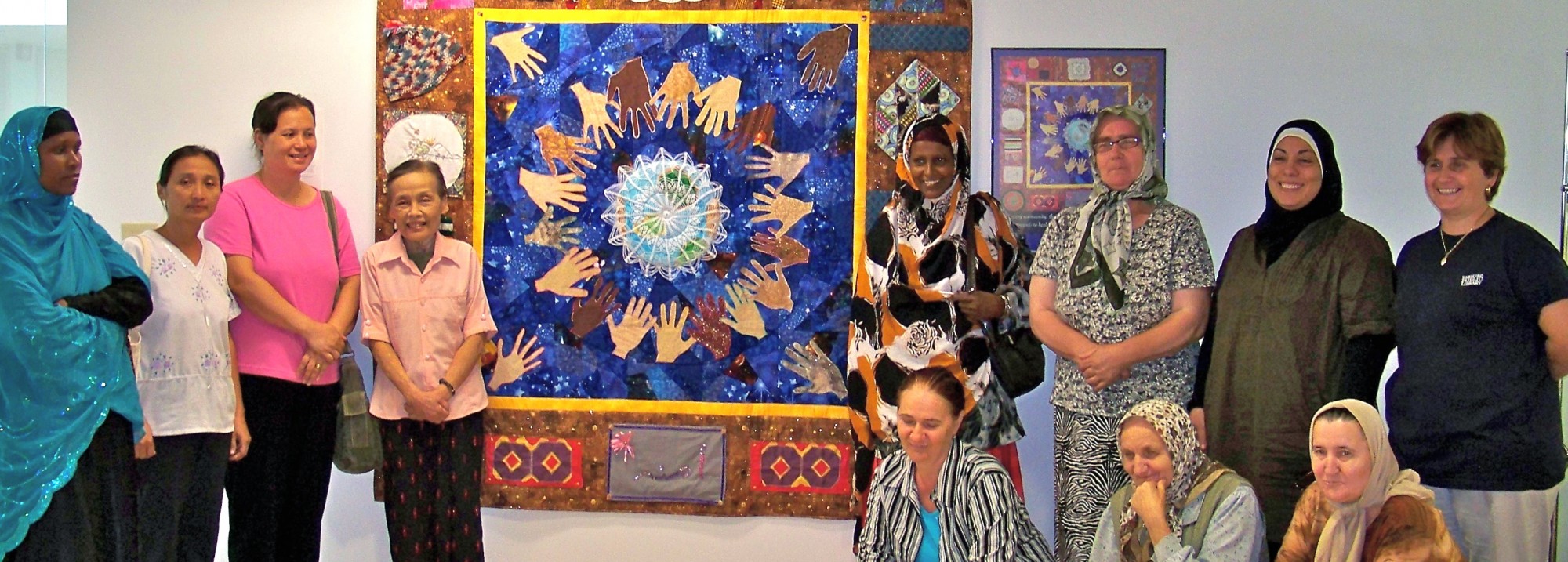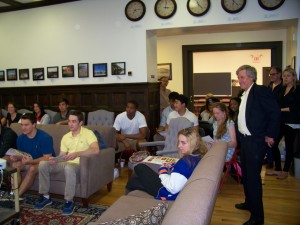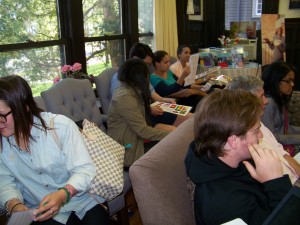Throughout my time exploring the many immigrant owned businesses in Hartford, I noticed one factor that stood out. Family plays an extremely important role in helping and managing the business at hand. In some cases, it almost seems as though the business would not be able to run at all without this family support.
A classmate and I were given the opportunity to interview the Italian born owner of a Maple Avenue Laundromat. The Laundromat was a busy place and had clothes piled everywhere. The customers seemed very diverse, including a large number of Hispanic customers. I know that many Trinity students also go to this Laundromat. Before the interview even began the owner insisted we wait for his son to come conduct the interview. He made it seem as though he knew nothing about his own business. Later he told us “my wife and I run the business together. My son helps do the paperwork and finance.” When we asked him if he faced any adversities when he first opened his business, he replied, “When I started the paying bills and the paperwork was hardest. Then it got better.” His son clearly played and continues to play a pivotal role in this business, as he takes the responsibility in paying the bills, which covers for his father’s weakness in finance.
The theme of family in an immigrant business also came up in a discussion in a nearby market and smoke shop. Unfortunately, that owner was out so we decided to take the opportunity to ask a few questions informally to the man working the counter.
The gentleman turned out to be the father of the owner. He told us that he works many hours at the counter looking over his son’s new business. While the father works at the shop, his son is delivering pizza for Dominos. The amount of support the father was giving to his son and his business astounded me. It was evident that owning the shop was not enough on its own, so the son had to find other ways to make money. Without his father working at the shop, it would be very questionable whether the business would still be existent.
I have noticed the importance of family help in my own life and through experience. My mother, who is an immigrant, opened a restaurant in Boston 15 years ago. To this day her mother still makes the recipes, her brother has become co-owner, and her sister is the floor manager. I also help out at the restaurant and often times am happy to do so without compensation. She has told me that without this support, things would be a lot harder on her and the business. This idea is further expressed in Valdez’s article “Beyond the Ethnic Enclave,” as he writes about how one’s family helps facilitate their entrepreneurship. Valdez states, “Ethnic business owners often hire family or co-ethnic community from which they emigrated. Family members experience the “reciprocal obligation” to work in the family business, often without pay” (245).
The family’s role proves to be a unique type of support for immigrant entrepreneurs. Economically, they provide work and service for the business at little to no cost in many cases. This service is especially valuable in new businesses when the entrepreneur needs help starting things up. Morally, the family is there to offer emotional stability and ultimately serves as a sturdy support team. From my interviews, discussions and experience, it his clear just how much the families of an immigrant business owners contribute to their businesses.








